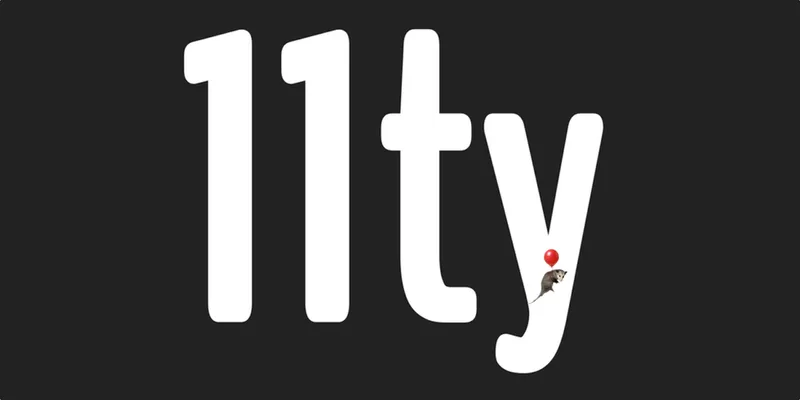I was surprised to learn that Jekyll didn't support tagging / categorization OOTB, at least with the default Minima theme. And that once I setup tags, I was still on the hook to create the tag pages themselves!
While there are Jekyll plugins which handle automating this (for example, jekyll-paginate-v2, none are supported by Github Pages (which is where I was hosting my static site).
While I found a good Python script to semi- (but not fully) automate this, I was beginning to veer into uncomfortable territory. Why should I have to do so much hacking? Why wasn't this easier?
Perhaps it was time to reconsider my approach.
Matthias Ott is a UX designer who publishes the excellent newsletter Own Your Web. In a recent issue, he describes various tools for building cheap or free websites
Included was a helpful tool comparison matrix, so I looked to see what occupied the same space as Jekyll. I wasn't actively looking for anything different, but after seeing an overwhelming number of recommendations for Eleventy, I was compelled to check it out.
I wanted to stick with static site generators, to keep things light and simple. Up to this point, I'd been enjoying composing in markdown & liked not worrying about fickle UIs like WordPress. So I tried it out.
The Eleventy documentation was so much better, its community was more-engaged, and its default deployment using Netlify CMS was so much simpler & user-friendly compared to Jekyll. In less than an hour, I was able to one-click create and publish a blog, something that took me days with Jekyll.
The free Netlify plan is generous enough for my publishing habits (300 total build minutes per month, and I've used less than 30 with all the above-average hacking / testing I've been doing). So I've moved all of my posts to here, and when time permits, I'll wind down my Jekyll setup.
